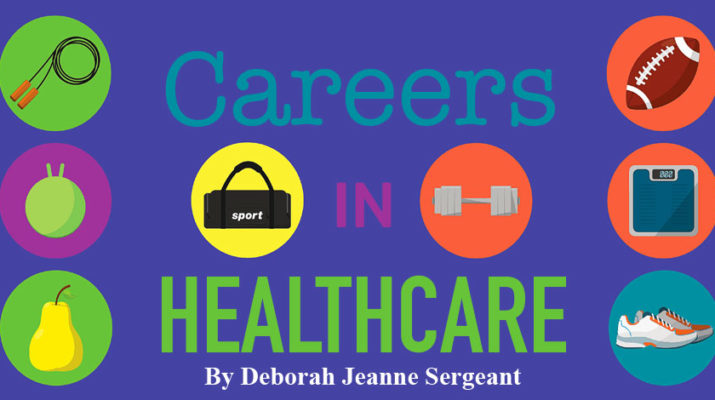Career accepts high school graduates with no experience. The annual mean wage in the Buffalo area is $29,891
By Deborah Jeanne Sergeant
 The outlook for the career of pharmacy technician is bright for the next several years, according to the Bureau of Labor Statistics (BLS). The BLS forecasts job growth for pharmacy technicians at about 12 percent between 2012 and 2026, which is faster than average for all other job titles.
The outlook for the career of pharmacy technician is bright for the next several years, according to the Bureau of Labor Statistics (BLS). The BLS forecasts job growth for pharmacy technicians at about 12 percent between 2012 and 2026, which is faster than average for all other job titles.
The pay is good, considering that it’s a career that accepts high school graduates with no experience and offers on-the-job training. The annual mean wage in the Buffalo area is $29,891.
The BLS also states that in the Buffalo area, 1,370 people work as pharmacy technicians. The growth in the pharmacy tech career is partly because of the growing population of aging Baby Boomers and their increasing need for medication.
“Here in Buffalo, there is a dramatic need for pharmacy technicians,” said Wendy Arndt Hunt, project director for the pharmacy technician program at Erie Community College. “I have hospital and retail managers calling me frequently asking for part-time and full-time pharmacy technicians and I cannot graduate enough people to meet that need.”
Their work locations vary much more widely than the white-coated professional behind your local drugstore counter. They can work in general and surgical hospital settings, independent doctor’s offices, industrial settings, drug stores and general food store locations. The latter two categories may involve more personal contact with patients. Pharmacy techs working in industrial settings and hospitals tend to make more money, but may require education and/or experience.
Pharmacy technicians work in ways they hadn’t previously, according to Hunt.
“They can be in hospitals preparing IVs, working at medical marijuana sites, or at distribution sites like McKesson,” Hunt said.
As a recipient of a federal Health Profession Opportunity Grant, Erie Community College works in affiliation with University at Buffalo to offer the classes free to financially eligible and qualified applicants. The school offers an 11-week, 302-hour course after which students can begin working at up to $17 per hour.
“A while back, the federal government realized there was a need for health care workers, with pharmacy technicians being one of them,” Hunt said.
She said that compared with some four-year degrees that can cost hundreds of thousands of dollars in tuition and result in little guarantee of work or work paying enough to conquer that debt the pharmacy technician program is pretty good. The program also provides a low-risk means of learning if the medical field is the right fit and provide good-paying employment while pursuing further education.
Good math skills, attention to detail, coursework and passing the pharmacy technician board exam are helpful to becoming a pharmacy technician. The classes and exam aren’t a state requirement some employers don’t require it but they help.
Instead of formal classes, would-be pharmacy techs can also study textbooks on the subject and then take the exam, but it’s not easy.
Pharmacy techs can look forward to several career opportunities by cross training to become supervisors or work in a variety of ways as specialists.
“One of the very nice thing about this program is when someone comes through the program and works six months, they can come back for more training,” Hunt said.

